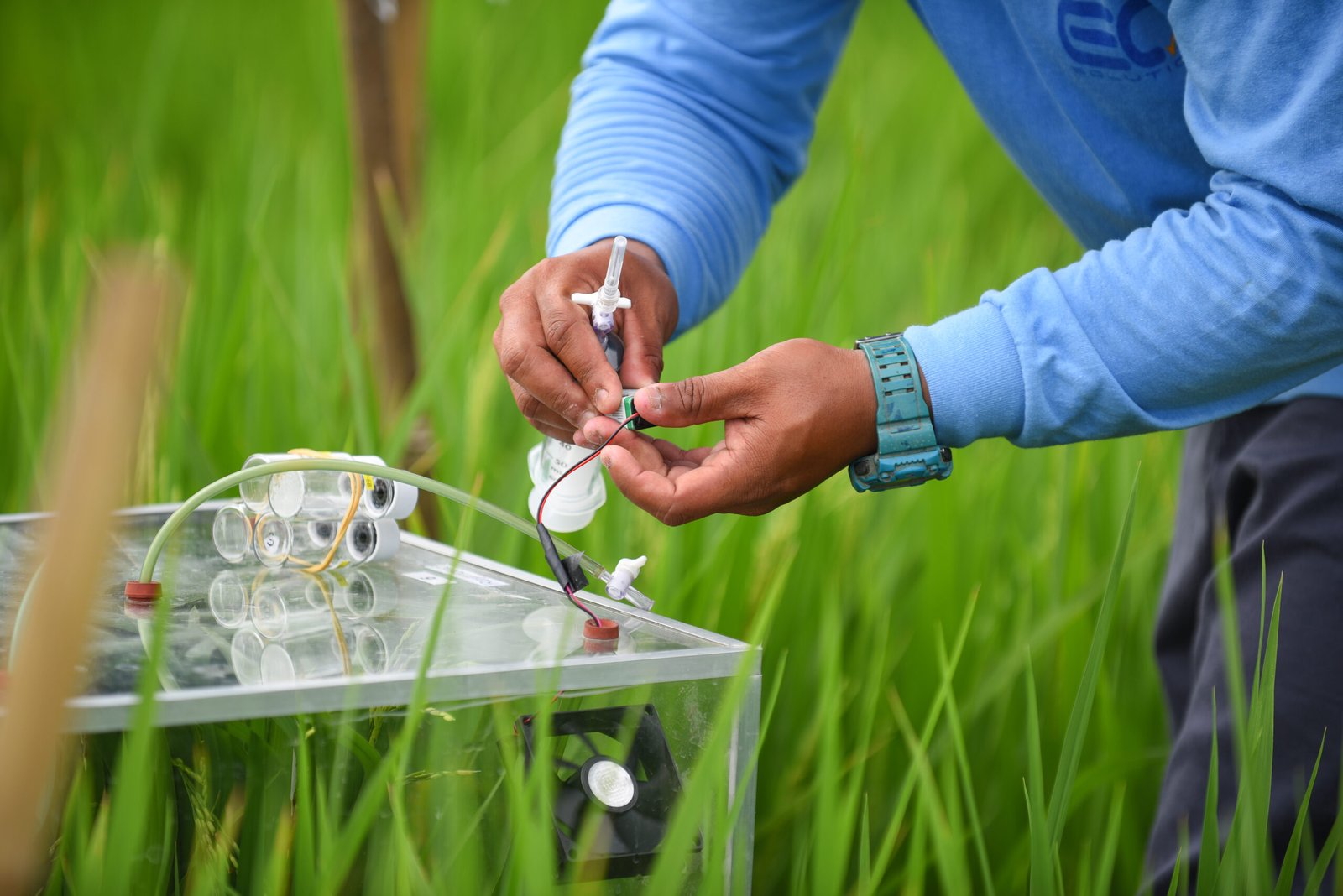Wednesday, 22 October 2025

Initiative advances BASF’s global carbon farming program in Asia Pacific, supporting the goal to cut rice-related GHG emissions by 30%
BASF has entered into a strategic partnership with the Indian Council of Agricultural Research – Central Rice Research Institute (ICAR-CRRI) to advance climate-smart rice farming in India. The two-year carbon emission reduction trial, set in Odisha and Jharkhand, will evaluate the impact of Alternate Wetting and Drying (AWD) on greenhouse gas emissions and rice yields – combining scientific rigour with practical relevance for farmers.
“To make the big strides that are needed to reduce carbon emissions in farming, we need to evaluate how new technologies and tools can come together to enable climate-smart agricultural practices,” said Simone Barg, Senior Vice President, BASF Agricultural Solutions Asia Pacific. “We partner with leading institutions like ICAR-CRRI to ensure our solutions are grounded in science and deliver real value to farmers.”
The trial will also assess the role of herbicide-tolerant (HT) rice seeds in supporting AWD adoption. AWD involves periodically draining rice fields to reduce methane emissions and conserve water – conditions that can encourage weed growth due to increased soil aeration. HT rice seeds help farmers manage this challenge efficiently, maintaining productivity while enabling sustainable practices.
This initiative marks a significant milestone in BASF’s global carbon farming program in the Asia Pacific. It will help identify the conditions under which a carbon farming program – aligned with Verra’s VM0051 methodology for rice – can incentivise AWD adoption. The trial supports BASF’s global goal to reduce greenhouse gas emissions from rice cultivation by 30 per cent.
“This collaboration presents immense opportunities to augment farmers’ income by reducing the cost of cultivation, allowing them to grow rice with limited water and providing an opportunity to derive additional benefit from carbon trading by reducing methane emission from the rice fields in future,” said Dr. G.A.K. Kumar, Director, ICAR-CRRI, speaking on behalf of the broader rice research community. “ICAR-CRRI have released two herbicide-tolerant rice varieties, CR Dhan 807 and CR Dhan 812, both of which are also climate resilient.”